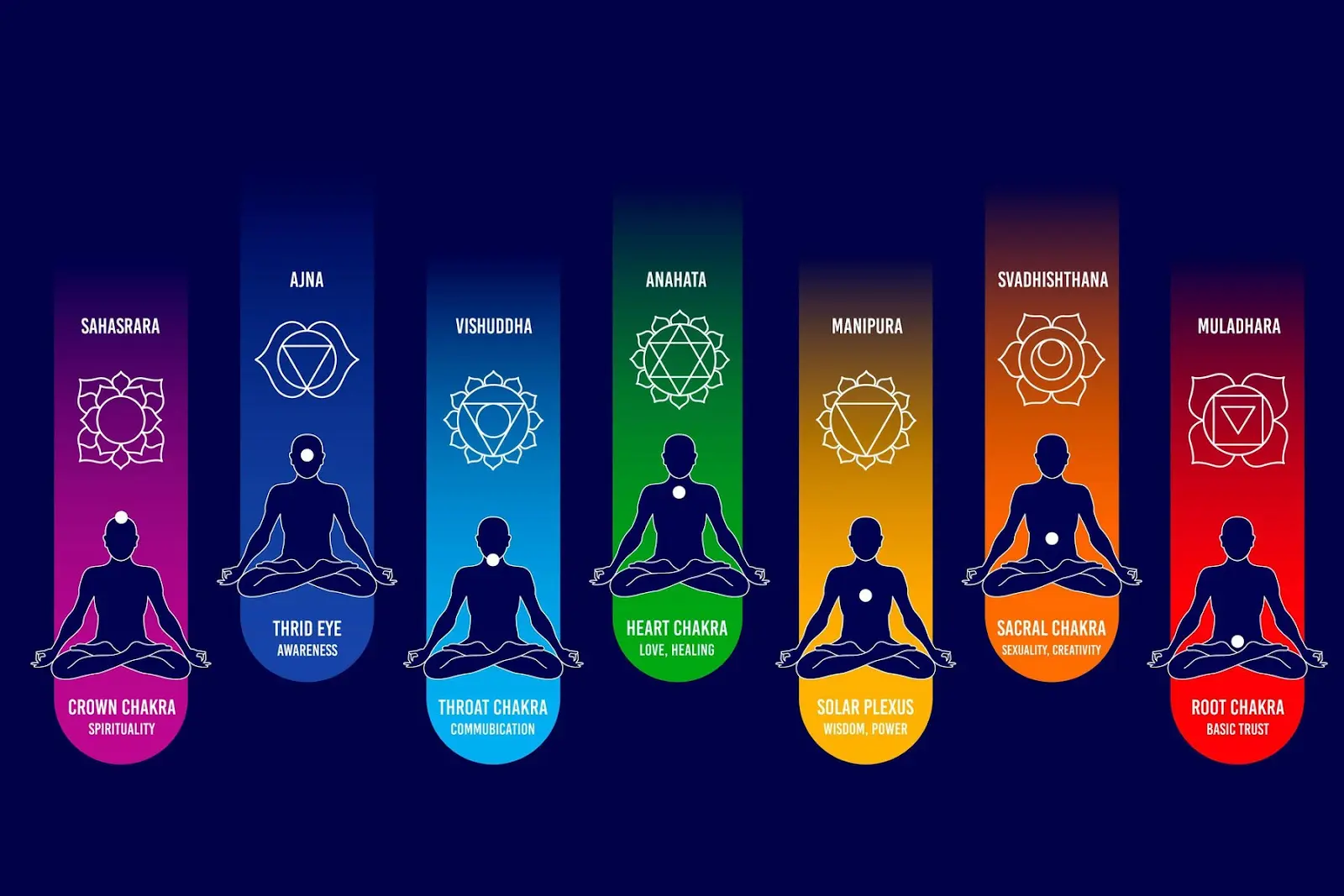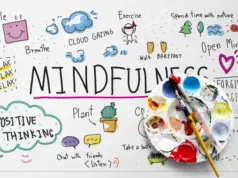In holistic wellness practices, the concept of chakras represents energy centers within the body that play a vital role in maintaining physical, emotional, and spiritual balance. Each chakra is associated with specific qualities and functions, and understanding their significance can offer profound insights into personal well-being and self-awareness. Let’s embark on a journey of exploration, delving into the intricacies of the 7 chakras and their importance in nurturing holistic harmony.
- Root Chakra (Muladhara):
At the base of the spine lies the Root Chakra, symbolizing our foundation and sense of security. It governs our basic survival instincts, providing stability and grounding. When balanced, the Root Chakra fosters feelings of safety, security, and connection to the physical world. However, imbalances may manifest as insecurity, fear, or a lack of stability.
- Sacral Chakra (Svadhisthana):
Situated in the lower abdomen, the Sacral Chakra is the center of creativity, passion, and emotional expression. It governs our ability to experience pleasure and connect with others on an intimate level. A balanced Sacral Chakra enables a healthy flow of emotions and creative energy. Imbalances may lead to issues with intimacy, emotional instability, or creative blocks.
- Solar Plexus Chakra (Manipura):
Located in the upper abdomen, the Solar Plexus Chakra represents personal power, confidence, and self-esteem. It governs our sense of identity and autonomy, empowering us to pursue our goals and assert ourselves in the world. When balanced, the Solar Plexus Chakra fosters self-confidence and a strong sense of self-worth. Imbalances may result in low self-esteem, feelings of inadequacy, or a lack of motivation.
- Heart Chakra (Anahata):
Nestled in the center of the chest, the Heart Chakra is the seat of love, compassion, and emotional healing. It governs our ability to give and receive love unconditionally, fostering empathy and forgiveness. A balanced Heart Chakra promotes harmonious relationships and emotional well-being. Imbalances may lead to difficulties in connecting with others, emotional detachment, or unresolved grief.
- Throat Chakra (Vishuddha):
Situated in the throat area, the Throat Chakra governs communication, self-expression, and authenticity. It enables us to speak our truth with clarity and confidence, expressing ourselves authentically and assertively. A balanced Throat Chakra fosters effective communication and creative expression. Imbalances may manifest as difficulty expressing oneself, fear of speaking up, or communication issues.
- Third Eye Chakra (Ajna):
Located between the eyebrows, the Third Eye Chakra represents intuition, insight, and spiritual awareness. It governs our inner wisdom and ability to perceive the deeper truths of existence. A balanced Third Eye Chakra enhances intuition and inner guidance, fostering clarity of thought and spiritual growth. Imbalances may result in confusion, lack of clarity, or difficulty trusting one’s intuition.
- Crown Chakra (Sahasrara):
Sitting atop the head, the Crown Chakra signifies spiritual connection, enlightenment, and divine consciousness. It represents our connection to the universe and the higher realms of existence. A balanced Crown Chakra facilitates a sense of unity with the cosmos, promoting spiritual awakening and transcendence. Imbalances may lead to feelings of disconnection, spiritual emptiness, or a lack of purpose.
The Importance of Chakra Balance:
Balancing the chakras is essential for achieving holistic well-being and harmony on physical, emotional, and spiritual levels. When the chakras are balanced and aligned, energy flows freely throughout the body, promoting vitality, balance, and overall health. Practices such as meditation, yoga, energy healing, and mindfulness can help restore balance to the chakras and enhance overall vitality.
Incorporating chakra-balancing practices into your daily routine can support personal growth, self-awareness, and spiritual evolution. By nurturing the balance of the 7 chakras, you can cultivate a deeper connection to yourself and the universe, fostering harmony, vitality, and inner peace.













































